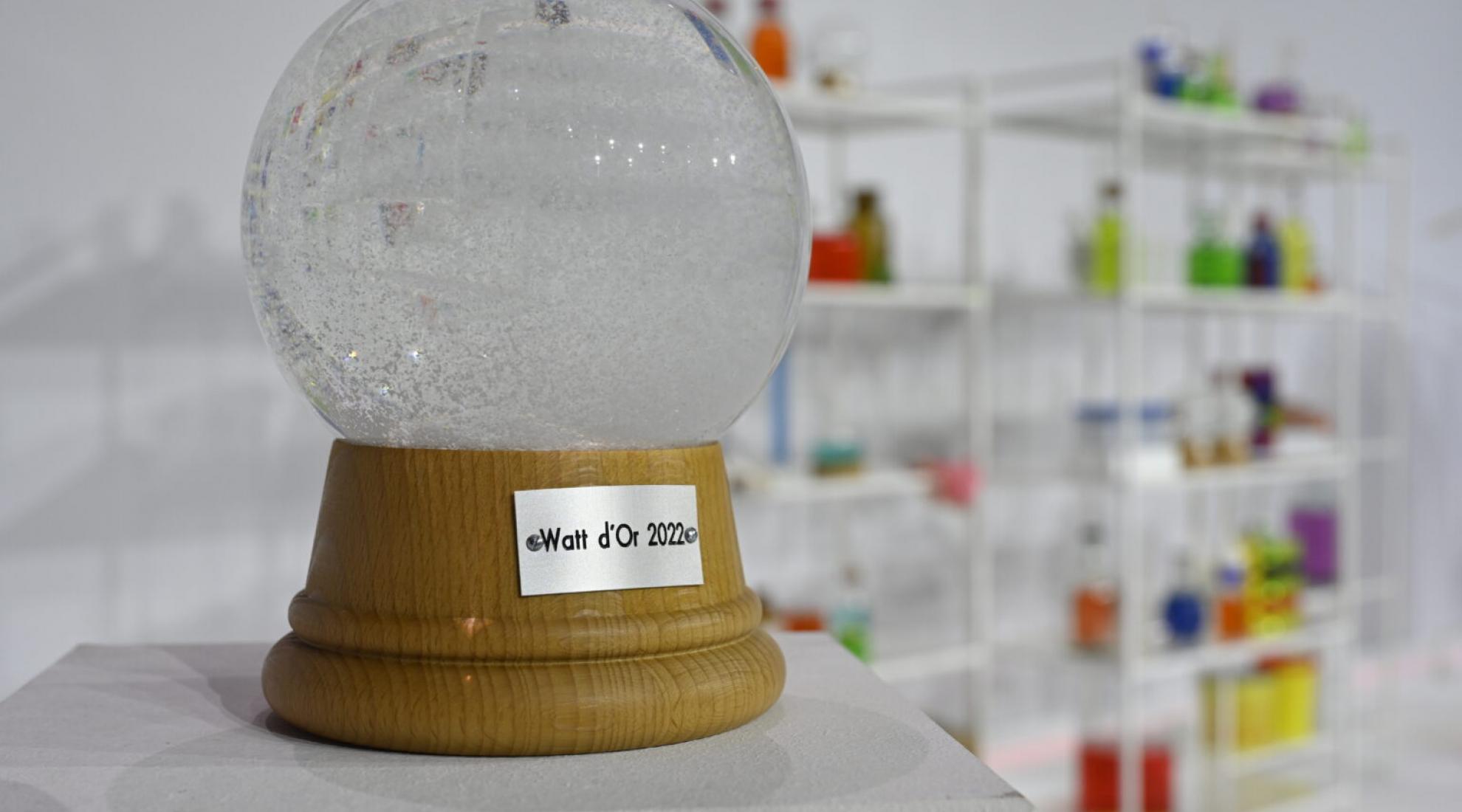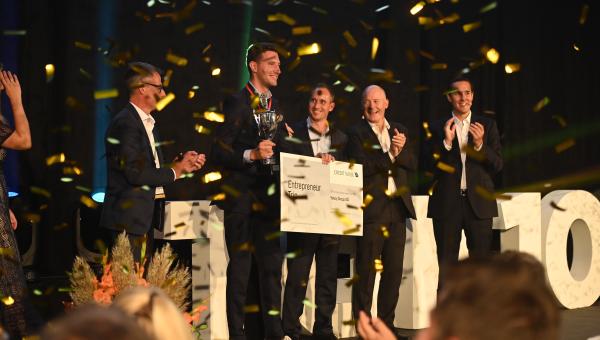Three innovative energy projects awarded

Innovative Swiss companies have long been successfully and courageously putting the energy future into practice. For them, the Swiss Federal Office of Energy (SFOE) created the Watt d'Or, the seal of quality for energy excellence. The winning projects of the 15th edition of the Watt d'Or were announced last week.
The winner in the 'renewable energy' category is a company that produces vegetable carbon, thereby reducing the emission of greenhouse gases. Verora AG, a company in the Zug mountains consisting of a group of farmers, has been producing vegetable charcoal from natural tree and shrub cuttings since last year. Verora has developed a pyrolysis plant for this purpose, a pioneering project in negative emission technologies.
According to the SFOE, the plant charcoal used as a feed additive reduces the formation of greenhouse gases in the digestive systems of cows. It also increases the nutrient content of fertilizer and compost, makes agricultural soils more robust and fertile, and binds CO2 in them for centuries. Today, the Verora plant reliably produces 600 cubic metres of vegetable carbon per year, allowing 460 tonnes of CO2 to be stored in the long term.
On track for flexible power consumption
In the 'energy technologies' category, the trophy - a snow globe - goes to the Swiss Federal Railways (SBB) for its self-developed load management software. The SBB was one of the pioneers of electrification and has been operating its own power plants and electricity grid for over a century. It is now using digital technologies to take another step forward in innovation.
The new software switches off train wagon heaters and railway switch heaters for a short time during peak times, as they repeatedly occur in the Swiss interval timetable. This allows the SBB to make its consumption more flexible and optimises interaction with electricity production. According to the SFOE, the SBB will be able to flexibly control 70 megawatts in this way by 2023 and thus be a model for the national Swiss power grid as well.
Climate-neutral wood buildings
The Watt d'Or in the third category 'building and spatial development' goes to Schaerraum AG, which developed the planning principle 'RaumRaster'. This describes a planning concept in which a skeleton made of wood stands on a concrete base and carries the entire load of a building. Flexibly combinable modules are used to reduce energy consumption. According to the SFOE, this approach also enables fast and cost-effective construction with timber. Wooden buildings can thus become economically attractive compared to conventional construction methods.
A perfect example of this construction principle is the climate-neutral commercial and residential building 'neuRaum' in Horw, Lucerne. According to the winning company, the rental prices in the multi-storey building made of regional wood are 20% below the local average thanks to the very economical construction method. Moreover, the building was constructed in just eight months.




